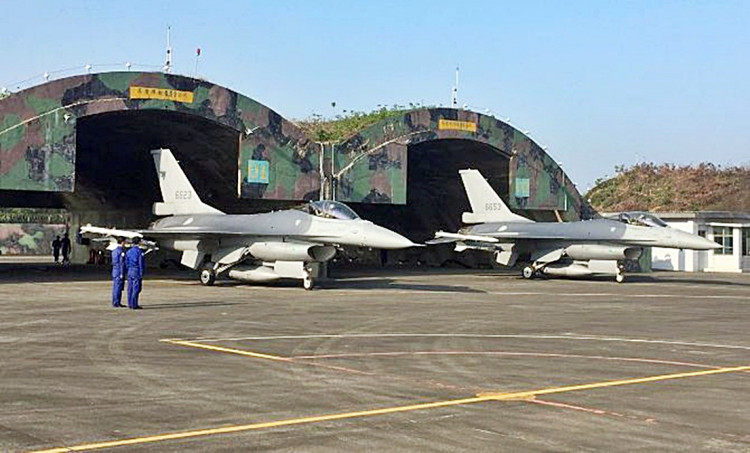Canada and other countries are being encouraged by Taiwan to impose sanctions and trade restrictions on.
The appeal was made to Canada by Taiwan's Foreign Affairs Minister Joseph Wu. Wu leads Taiwan's campaign to build a coalition to counter China's expansionism.
Wu said Taiwan wasn't asking for military support from Canada. Instead, he hopes Canada might join with the U.S., Australia, Japan and countries in Europe now moving against China, and whose opposition to China will make Beijing think twice about invading his country.
He said these democracies have to develop a common strategy to deal with China because "Taiwan is under military threat like no one else is facing."
Wu praised Canada for suspending an extradition treaty with Hong Kong, but said Canada might also impose Magnitsky-style sanctions on officials of the Communist Party of China responsible for the suppression of freedoms in Hong Kong. The United States has sanctioned CPC officials for this reason.
"Some kind of sanctions so Hong Kong people feel the warmth of liberal democracies that support freedom and democracy in Hong Kong," noted Wu.
"It may be effective in letting the people in Hong Kong know they are not fighting the cause alone and they have the support of the free world."
Canada can also warn China that its increasingly aggressive actions globally won't be tolerated. He pointed out the Canadian Security Intelligence Service has warned Chinese agents are intimidating Canadians who are immigrants from China, as well as Uyghurs, Tibetans and Hongkongers.
Wu said China has already begun a "grey-zone" assault on Taiwan. Grey-zone warfare, which are best described as military operations short of war, consist of cyberattacks, infiltration, disinformation, and other tactics to demoralize and weaken an enemy's will to fight.
"Many people here in Taiwan are saying the invasion [by China] may have started already," according to Wu.
He noted China's cyber attacks have intensified in the past few years. In addition, warplanes of the People's Liberation Army Air Force are flying more sorties threatening Taiwan's airspace. Each sortie by PLAAF fighters or bombers has to be intercepted by fighter jets of the Republic of China Air Force.
Since mid-September, PLAAF warplanes have flown more than 100 sorties against Taiwan.
"They are trying to exhaust our air defense capabilities ... all of this is very concerning," according to Wu.
He said Taiwan assumes a military assault will happen "at some point," and warned the risk of an invasion is greater than it has been in many decades.
"The threat is more serious. It is more genuine and it is more alarming," he said.






